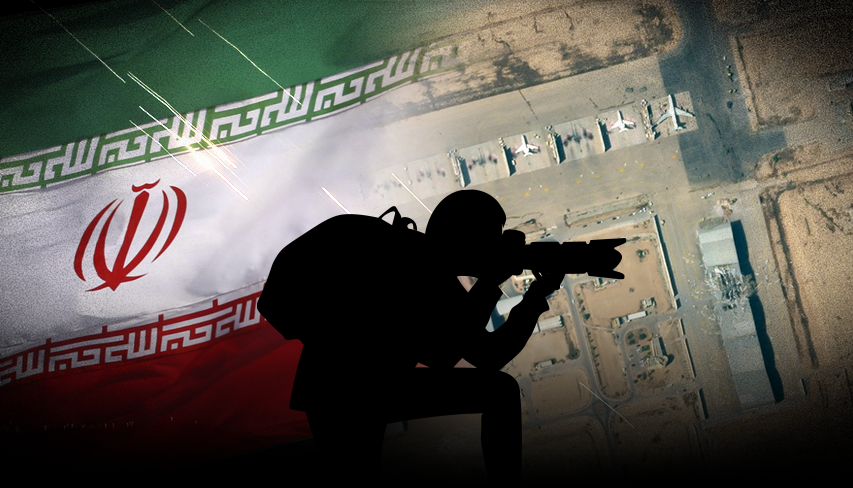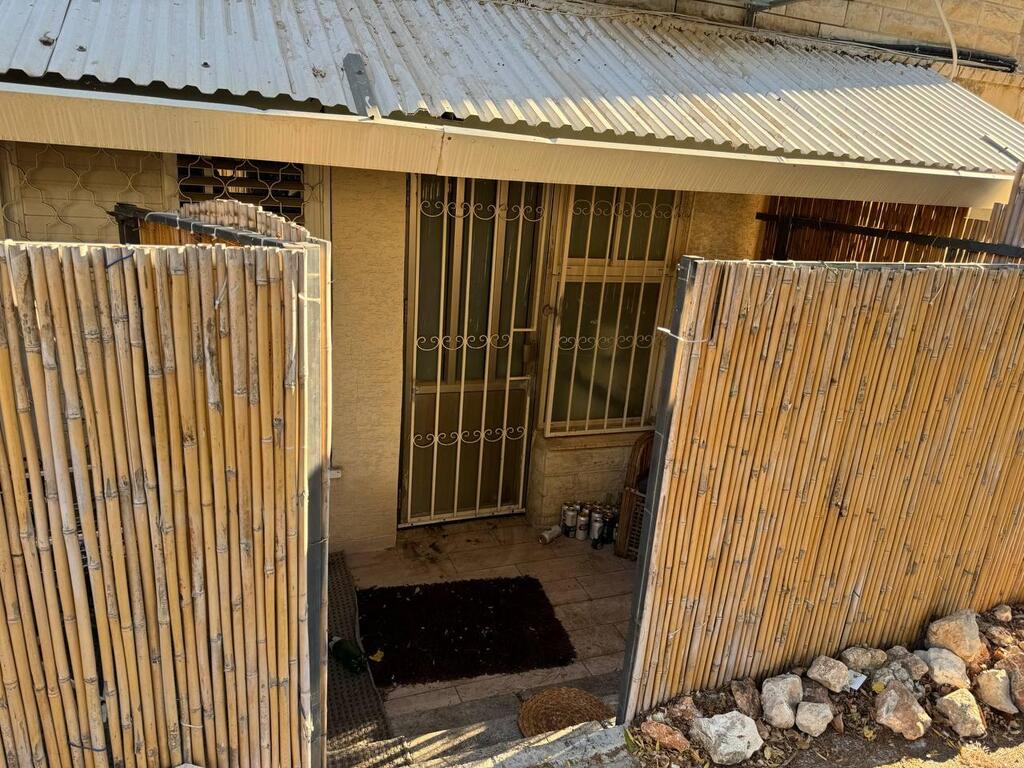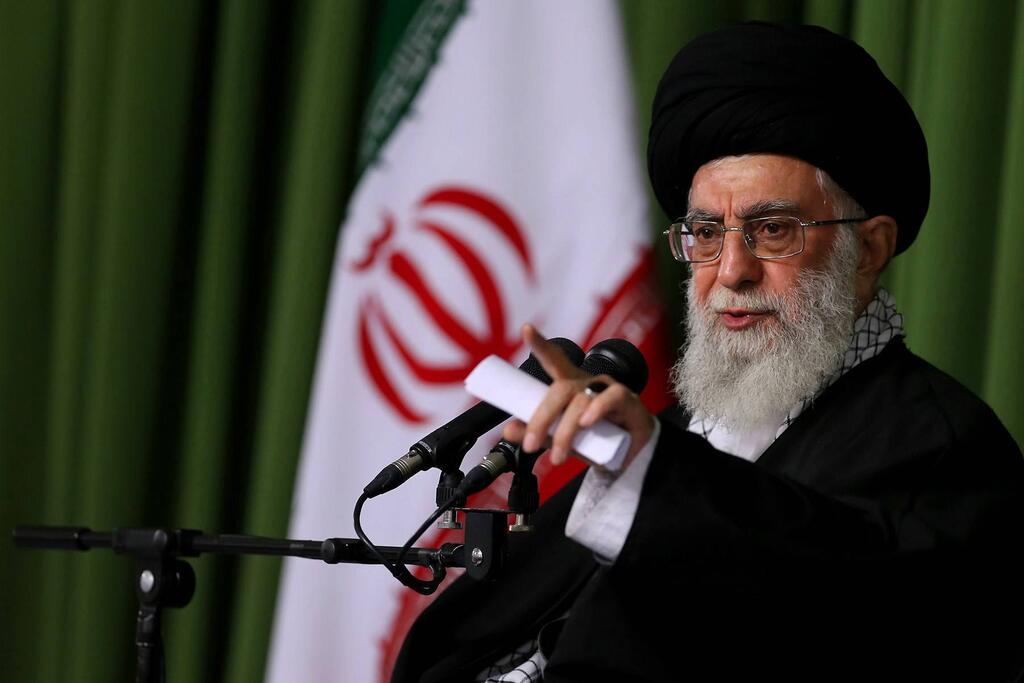The spy ring exposed by the Shin Bet on Monday clearly demonstrates the division of labor between Iran's Revolutionary Guard and its proxies. These proxies receive weapons, operational methods, and technical know-how from Iran to assemble and operate weapons systems used as part of the "ring of fire" established by Tehran to target Israel. However, the proxies act merely as the "hands."
Iran provides the targets for attacks and the intelligence needed to turn each one into an exact location. This is particularly true for the Houthis in Yemen and the Shiite militias in Iraq and Syria, but it also applies to Hezbollah.
While Hezbollah is more sophisticated and capable of gathering intelligence independently, this mostly involves tactical information on targets in northern Israel, which it attempts to strike with rockets or, at times, through operatives carrying explosives.
The strategic targets for attacks, for Hezbollah and other proxies alike, are selected by Tehran to serve its broader goals in its direct and indirect war with Israel. Iran seeks to control the intensity of the attacks and the level of damage inflicted by both its proxies and its own forces on Israel.
All of this is revealed through a list of 600 "intelligence-gathering missions" that Iran assigned to the Azerbaijani spy cell. The instructions given to its members were so precise that the intelligence collected would be purposeful and capable of causing significant damage.
Like other, less skilled operatives recruited by Iran, this network was also tasked with gathering intelligence on Israeli figures. This reveals Tehran's deep frustration over its failure to exact revenge, in line with the biblical "an eye for an eye" principle, for the assassinations of nuclear scientists and members of the Revolutionary Guard, reportedly carried out by Israel's Mossad.
The attempted attack on Saturday at Prime Minister Benjamin Netanyahu's private residence in Caesarea indicates that their intelligence efforts on Israeli figures have reached an advanced stage. At this point, they are capable of feeding the necessary data into the warheads of the missiles or drones that they or their proxies launch for precision strikes.
Another point to note is the recent surge in the Shin Bet exposing Iranian espionage efforts. This increase could be attributed to improvements in the Shin Bet's capabilities or perhaps a significant intelligence breakthrough.
While both explanations are valid, a simpler explanation should also be considered: Iran may have dramatically ramped up its intelligence-gathering efforts on Israel, particularly human intelligence. While Iran and the Revolutionary Guard possess strong cyber capabilities, top-quality target intelligence still reaches Tehran primarily through human sources. This likely means that dozens, if not hundreds, of Iranian recruiters have flooded Israeli social media, seeking to recruit anyone they can.
The group exposed on Monday was likely easier to recruit, as it consisted of Jews of Azerbaijani descent—Azerbaijan being Iran's neighbor. The Iranian recruiters are familiar with the mentality of their neighbors, especially given that nearly a quarter of Iran's citizens are of Azeri descent. Even Supreme Leader Ali Khamenei is of partial Azeri origin.
This cultural and linguistic familiarity likely enabled Iranian recruiters to establish close relationships and effective communication with their operatives in Israel.
In any case, it appears that Iranian intelligence recruiters have been targeting individuals who are socially and economically vulnerable—easy prey for intelligence recruitment, especially if they share a sense of connection based on their country of origin, culture and language.
The bottom line is that the public in Israel must remain highly vigilant regarding activity on social media and seemingly innocent emails. Recruitment often begins with a seemingly harmless approach. Once the target agrees to cooperate, the recruiters assign them a detailed intelligence task.
Monday’s revelations indicate that the Shin Bet has effective methods and tools for detecting and identifying Iranian intelligence recruits at advanced stages of their operation. By that point, it is often too late for the recruit to "back out" or claim in court that they "didn't understand" or "didn't know." Therefore, in any case of suspicion, it is strongly recommended to contact the police or the Shin Bet's public inquiry office.
Get the Ynetnews app on your smartphone:





